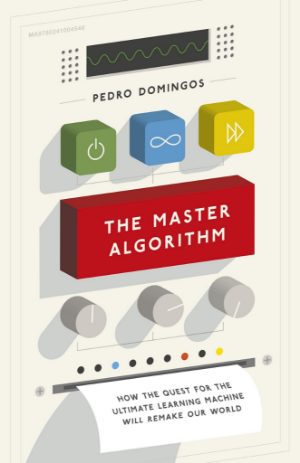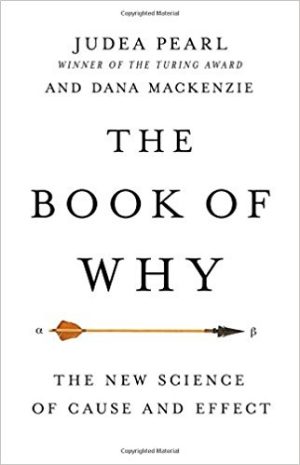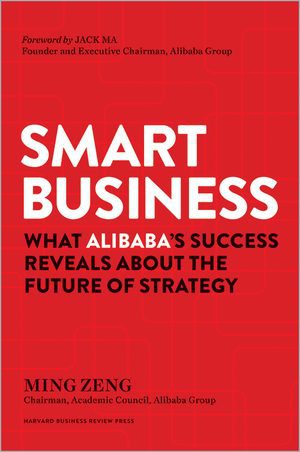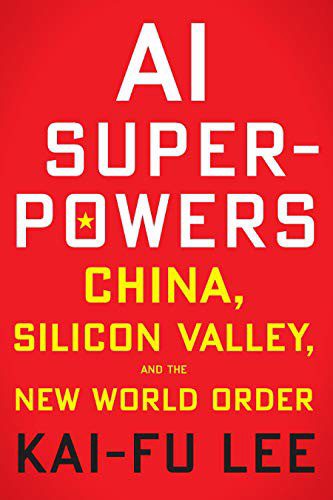The BCG Henderson Institute presents some recommendations from our bookshelves. For anyone who is looking for new ideas and perspectives, these might be perfect reads during long flights or fall weekends.

The Master Algorithm by Pedro Domingos. “This book provides an overview of different school of thoughts on artificial intelligence as well as their quest towards a general intelligence (one at least equivalent to human mind). While the concepts at hand can be fairly complex, the author does a marvelous job of simplifying them to their essence, making them very accessible to non-experts. This book will help you understand what’s currently possible to do with AI, while also appreciating the roots of their current limitations and the current paths being explored to overcome them.” — Julien Legrand, Senior Associate, Strategy Lab

“Artificial intelligence is reshaping the business world by rapidly finding useful patterns in enormous amounts of data. However, such algorithms are based on correlations — machines have not yet mastered higher levels of thinking, such as causal reasoning and counterfactual questioning. In The Book of Why: The New Science of Cause and Effect, computer science pioneer Judea Pearl and his coauthor Dana Mackenzie show why higher levels of reasoning are necessary and the short comings of familiar statistical methods in dealing with them. It inspired us to think about the unique role that human insight still brings in an increasingly algorithmic world, as well as the next frontiers for artificial intelligence.”— Martin Reeves, Global Director

Bad Blood by John Carreyrou. “This book follows the rise and fall of Theranos, the startup which promised blood tests from one tiny drop of blood, and ended up as one of the most woeful sagas of Silicon Valley. It’s not just an outstanding piece of investigative journalism, but also a “reverse management guide” for future entrepreneurs — this is how you should not do it.”— Andras Szabadi, Marketing Coordinator

“By restructuring value chains into data-powered, automated networks, leaders can create smarter businesses capable of reshaping entire industries. In Smart Business: What Alibaba’s Success Reveals about the Future of Strategy, Ming Zeng draws on his own experience as Alibaba’s CSO to describe the essential concepts that fueled the company’s success — and how to replicate them in other industries. By combining ecosystem thinking, customer centricity, digitization and machine learning, business leaders can create a “self-tuning” company that adapts not only its customer facing but also its backbone functions to changing business conditions at rapid speed. Zeng’s ideas helps us to better envision what tomorrow’s successful companies may look like.” — Amanda Wikman, General Manager

“As artificial intelligence continues to advance and become more widely adopted, what will the impact be on businesses and societies? Perhaps no one is better-positioned to answer that question than Kai-Fu Lee, one of the world’s leading AI experts and the former president of Google China. In his new book, AI Superpowers: China, Silicon Valley, and the New World Order, he describes the different innovation cultures of China and Silicon Valley, the balance of power in the AI economy, and its impact on the future of work and humanity. Lee’s work has inspired us to think about the implications of the U.S-China “digital hegemony” for businesses, as well as the unique capabilities that humans must continue to provide in an age of automation. (See also BHI’s interview with Kai-Fu Lee from April, and stay tuned for a follow-up conversation later this year.)” — Kevin Whitaker, Economist



